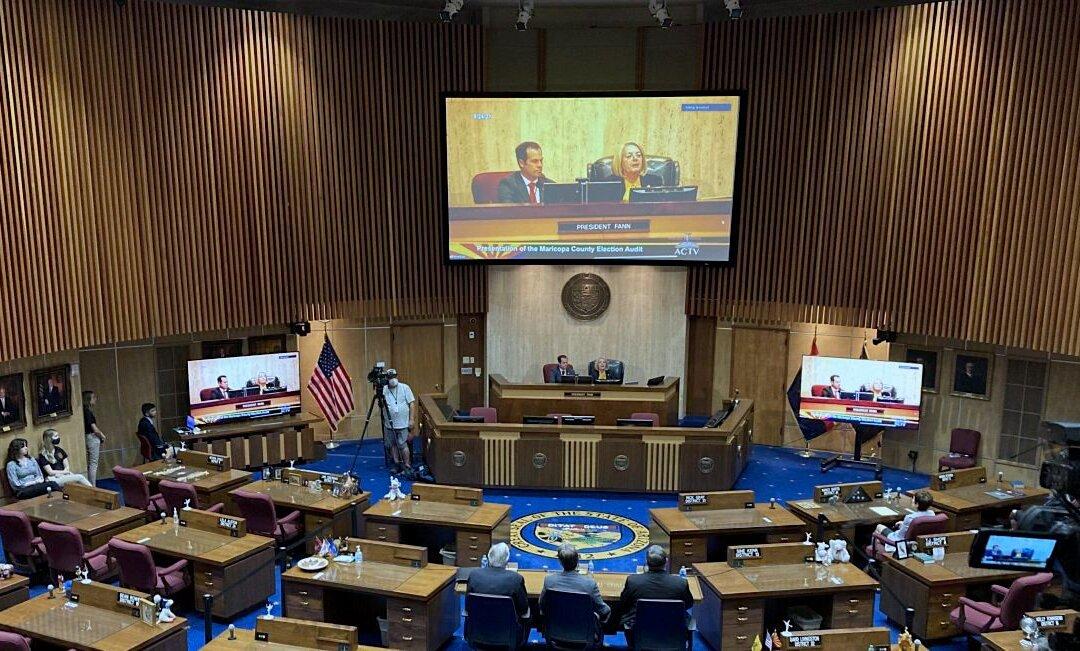This article was updated with the findings presented during the Arizona Senate’s hearing and the auditors’ report provided to the Arizona Senate.
Arizona lawmakers were told during a Sept. 24 hearing of inconsistencies uncovered during a forensic audit of the 2020 election conducted in the state’s most populous county.





